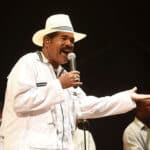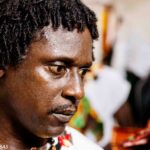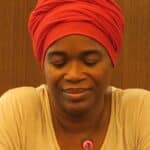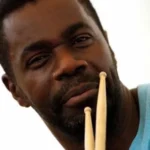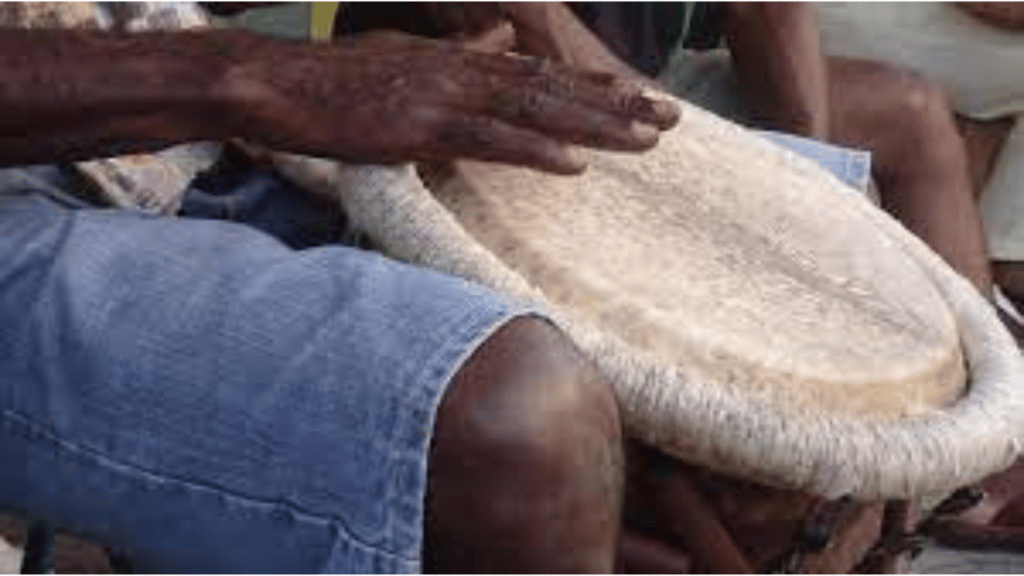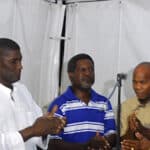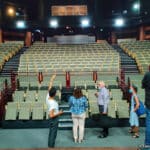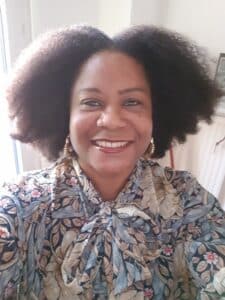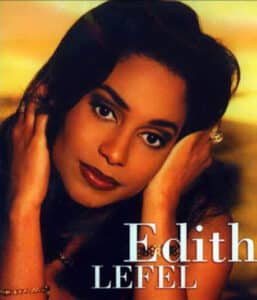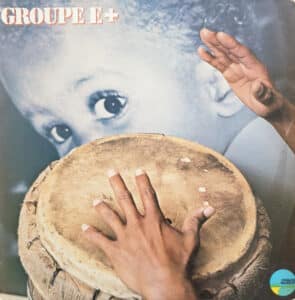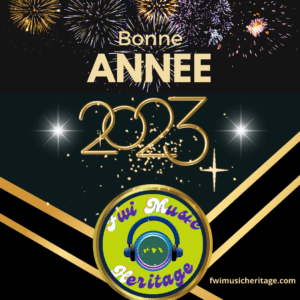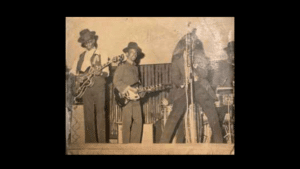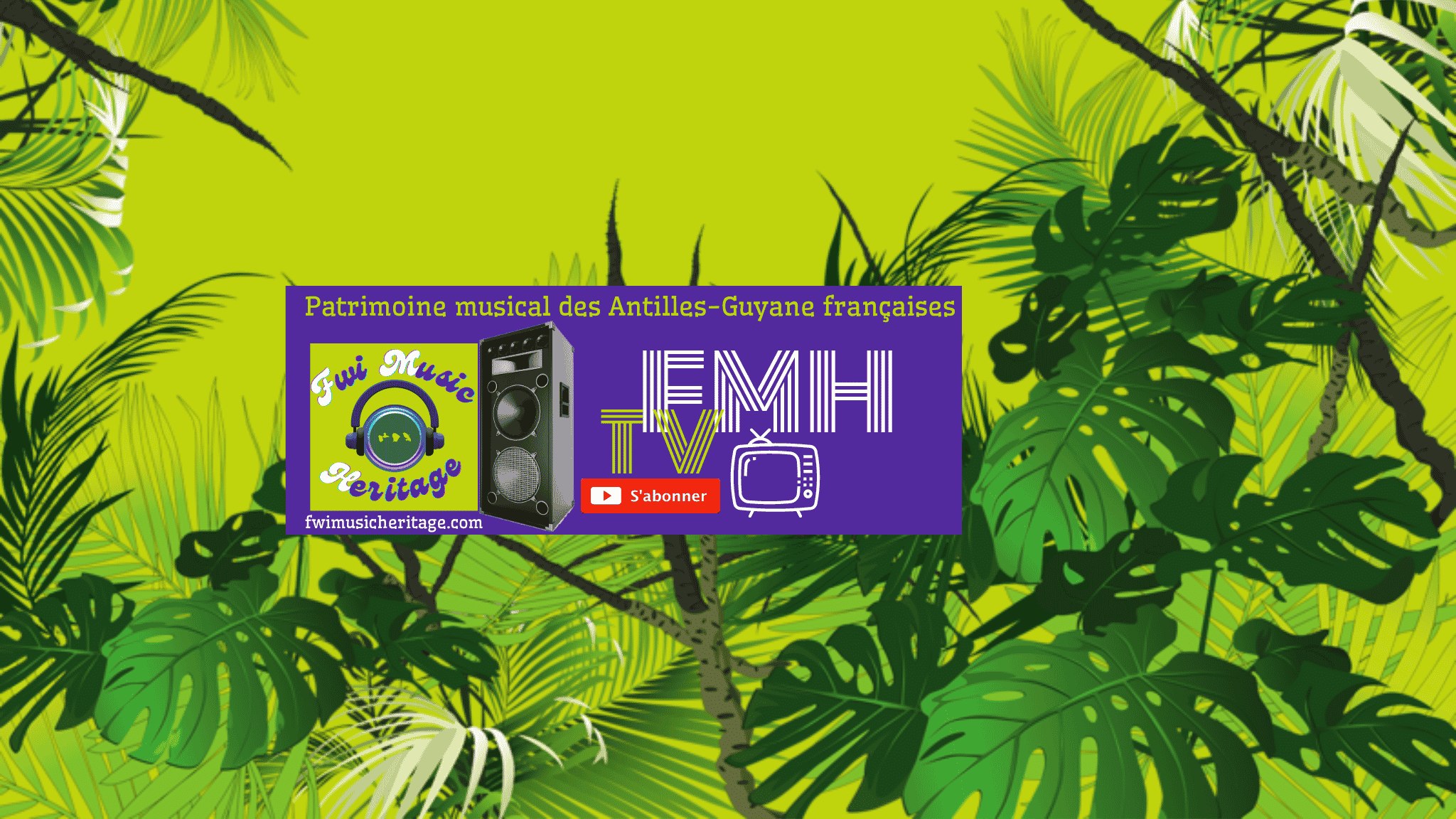Yesterday despised, today celebrated
Drum music and responsorial singing, the traditional gwoka of Guadeloupe is now available in seven characteristic rhythms expressed simultaneously by drums (called ka) and solo dancers.
While it was banned in plantations during the slavery period and was devalued by some Guadeloupeans of the upper classes, Gwo Ka is now listed as an Intangible Heritage of Humanity since November 26, 2014.
In 2016, the singer Wozan Monza even celebrated this Guadeloupean pride, this "little part of Humanity" through the song "Gwoka Unesco".
Economic stake for the city of Sainte-Anne
This international recognition puts a huge spotlight on Guadeloupe and is accompanied by tourist and economic spin-offs, which the town of Sainte-Anne, cradle of the Gwoka culture intends to benefit from..
Already a promoter of the Gwo Ka, for more than 35 years, through its festival in July and several other events, now Sainte-Anne also vibrates every November, to the rhythms of the ka drums to celebrate this entry into Unesco.
On this occasion the city highlights the many local associative actors of the Gwoka as well as the artists, not necessarily specialized in the genre, but who put the Gwoka culture forward in one way or another.
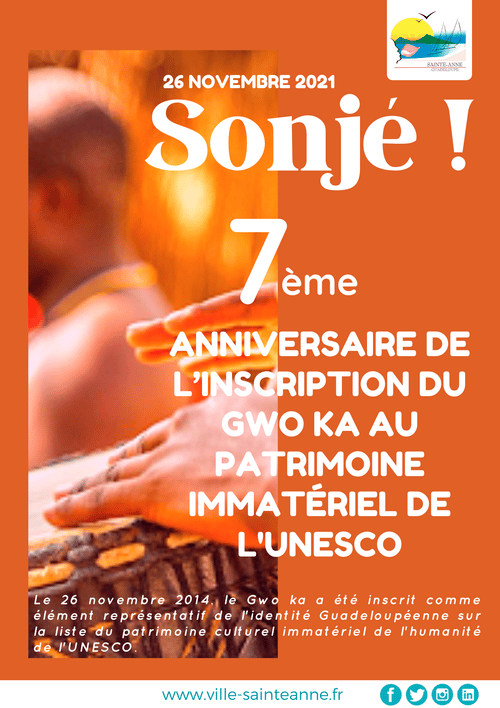

The actors of the Gwo ka in Sainte-Anne
Félix Cotellon and the Repriz Association
We owe the outcome of this outcome in large part to Félix Cotellon.
Lawyer by profession, he is in 1987, the Founder of the Gwoka Festival of Sainte-Anne. In 2005, he created Rèpriz, Regional Center for Traditional and Popular Music and Dances of Guadeloupe (accredited NGO Unesco in 2007) which he chaired until recently. He is still the head and main animator of the "Lyannaj pou Gwoka" Committee, who prepared the Gwoka's application file for Unesco.
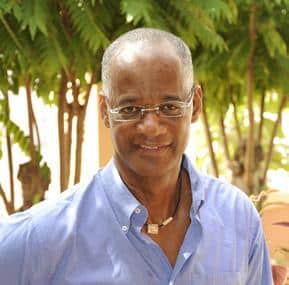

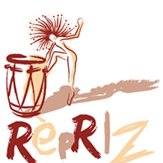

The Gwoka Festival
Created in 1987, the Gwoka Festival is a large-scale cultural event, scheduled every year in July, in the town of Sainte-Anne.
It has set itself the goal of promoting the dynamism, diversity and creativity of traditional music (including quadrille and biguine) and Gwoka culture.
On the program: Caribbean meetings, seminars, music, traditional dances and songs, but also Creole gastronomy.
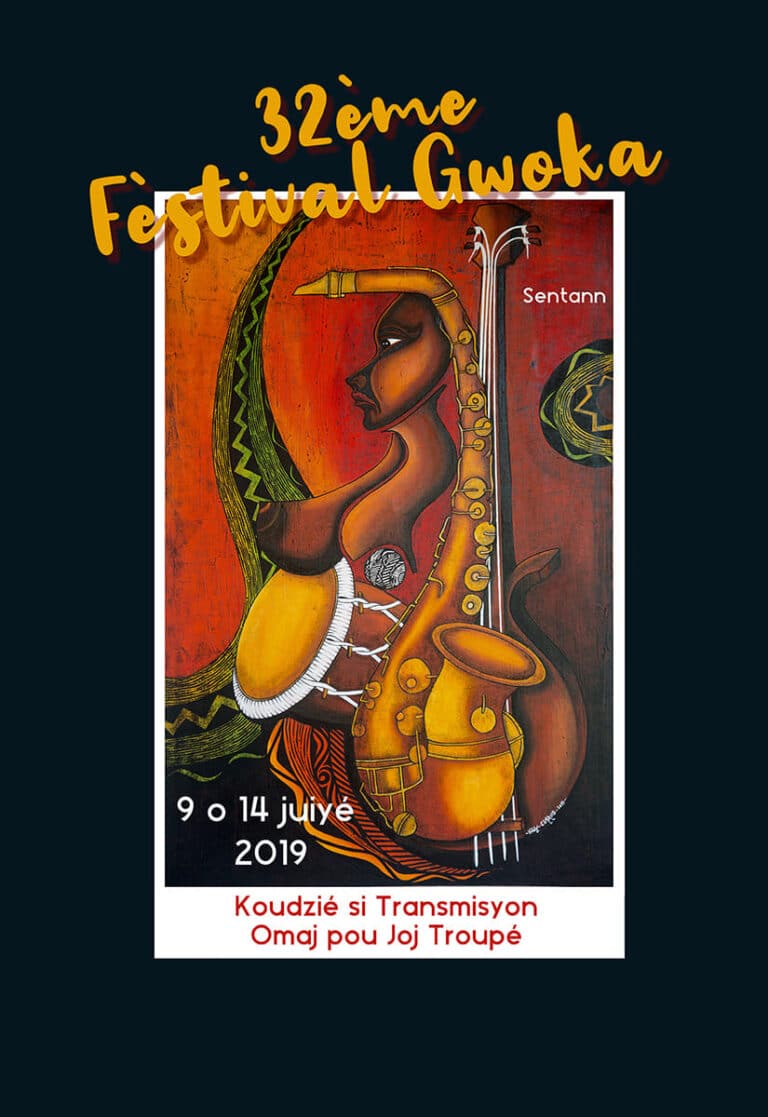

Kan'nida
Originally from the Grands Fonds in Sainte-Anne, Kann'ida is a major gwoka group founded in 1979, around the Geoffroy family (Sergius, Hilaire, Zagalo, etc).
Guardian of the tradition, Kann'ida carries out a work of transmission around several events:
•the wakes, with a show called Lat Véyé O swè la
• the Léwoz at the rantré
• The Geoffroy Memorial
Since 1992, the Kan’nida association has organized the Geoffroy memorial, to pay tribute to the deceased members of their family: Honora, Hilaire and Sergius and to recognize the involvement in the cultural landscape of their descendants.
On this occasion, the most illustrious tanbouyés (drum players) and Gwoka singers from Guadeloupe get together.
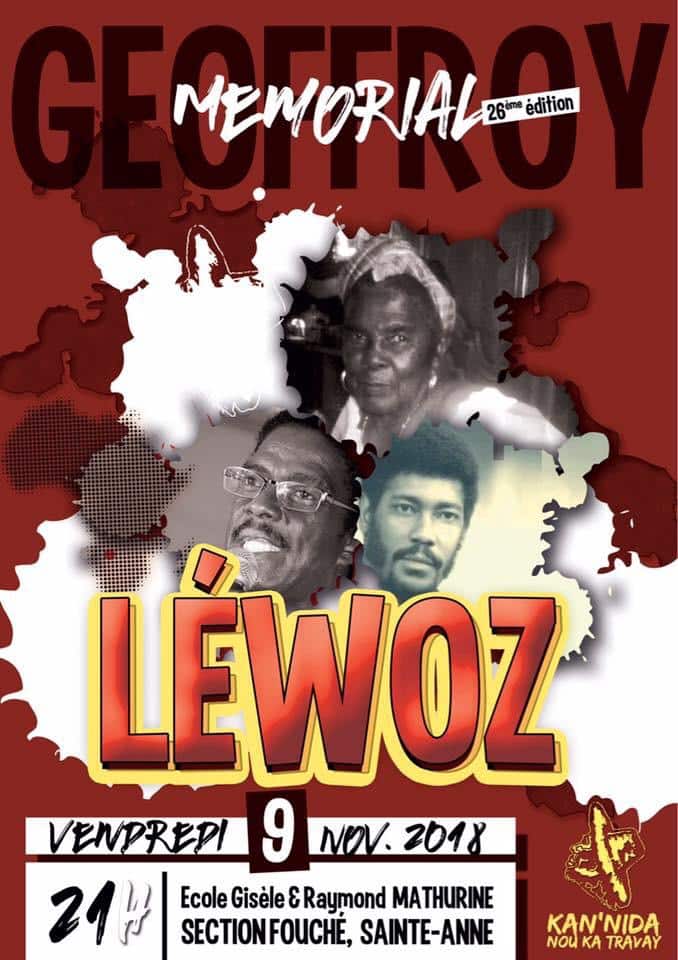

Lakou Veranda Association Kan'nida
Lakou Véranda is a school of Gwo ka created in 2012 by Jimmy Bassien, socio-cultural animator with his wife Gwladys, dance teacher..
She trains children and adults in dance, singing and gwoka music. This is where the “Festival a ti moun” began, part of the Sainte-Anne Gwoka Festival.
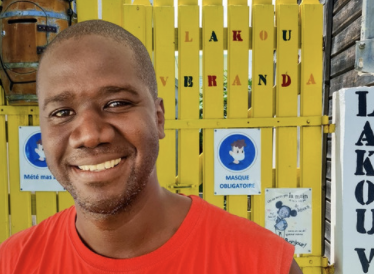

Guadeloupean artists originated from the city of Sainte-Anne
• Gwoka: Esnard Boisdur the voice of the Grands-Fonds
• Gwoka: Georges Troupé, renowned saxophonist and "grammarian" of Gwo ka
• Jazz and Gwoka: Sonny Troupé, son of Georges, highly prized percussionist and drummer
• Drum maker ka: Joël Séjor
• Traditional dances: the dancers Mario Coco from the Sakitaw Association or Chantal Loïal from the Difé Kako Company
• Dancehall: Werevana and Misyé Sadik >
• Zouk, Jazz, Funk: Claude Vamur, emblematic ex-drummer of the KASSAV Band
